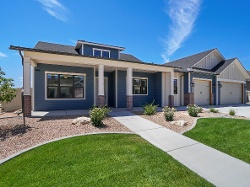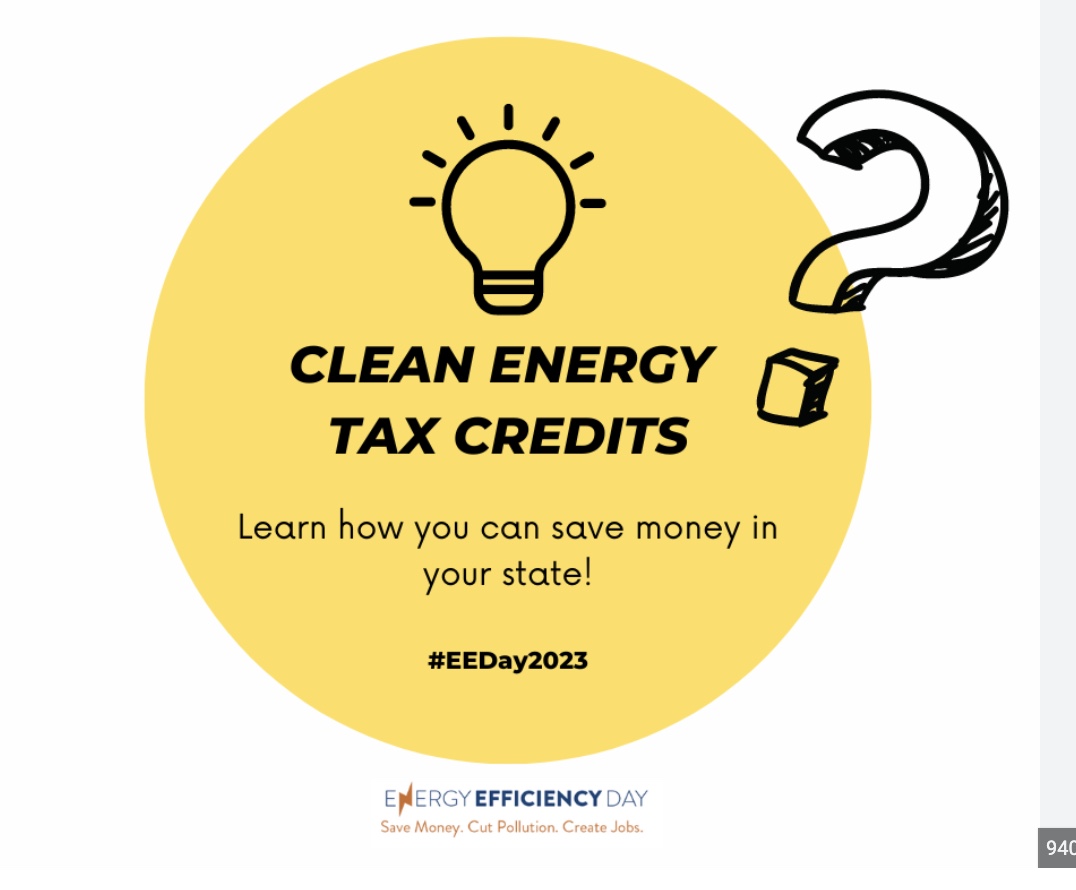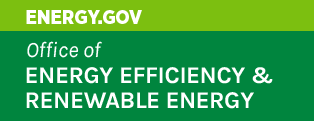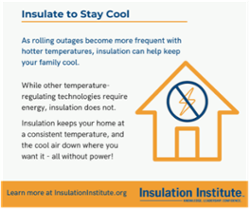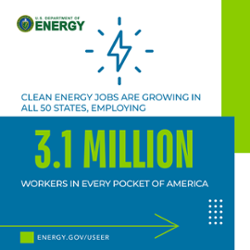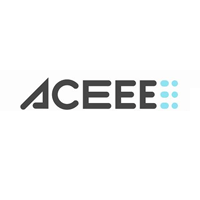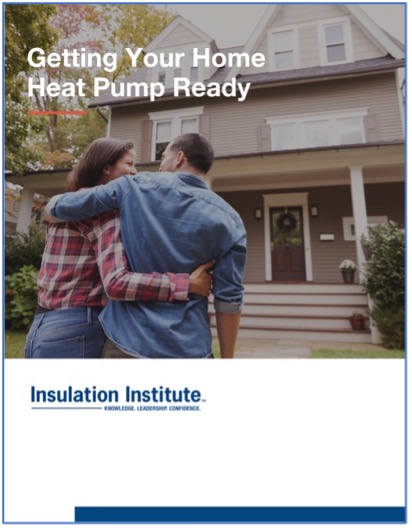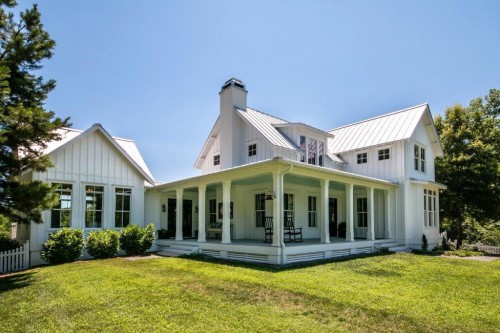WalletHub has released its annual survey of America's most and least energy-efficient states. The personal finance site's evaluation of residential energy efficiency notes that the average U.S. family spends at least $2,000 annually on utilities. Notably, the U.S. Department of Energy estimates that adopting energy-efficient measures (such as air...
With affordability at the top of the list for home buyers today, shopping for a home that will be budget-friendly to purchase and own is a priority for most buyers. A new one-stop shopping platform for energy-efficient homes is looking to change how Americans buy homes by elevating energy efficiency in the purchase process. Furthermore, it’s...
Next Wednesday, October 4, is Energy Efficiency (EE) Day 2023. This annual event, a collaborative effort of dozens of energy efficiency organizations, including the American Council for an Energy-Efficiency Economy (ACEEE), Advanced Energy United, The Alliance to Save Energy, Natural Resources Defense Council (NRDC), and the Regional Energy...
The U.S. Department of Energy’s Office of Energy Efficiency & Renewable Energy Better Buildings Residential Network offers industry members an opportunity to keep abreast of energy efficiency and electrification rebates and incentives and the details associated with them. Industry members can register for Peer Exchange Calls. These calls cover key...
Summer 2023 has been a doozie, hasn’t it? And the season isn’t over yet.
July was the hottest month globally since records have been kept, and likely, the hottest in 120,000 years, according to Scientific American.[1]
How long would your home remain comfortable and habitable in the event of a power outage in this summer’s brutal heat? The answer might depend on how well insulated your home is, according to a new report released by the U.S. Department of Energy. Analysis from the report, Enhancing Resilience in Buildings Through Energy Efficiency, finds that...
A new report just published by the American Council for an Energy Efficient Economy (ACEEE) highlights that pairing residential heat pump heating and cooling systems with air sealing and insulation will reduce likely increases in customer costs and strain on the electric grid. The report’s message is timely as states prepare to implement two key...
Heat pump technology is all the rage in the push for electrification and increased home energy efficiency, and with good reason: heat pumps are more efficient than electric resistance heating, reducing electricity needed for heating by up to 50 percent. However, there are several actions that homeowners should take before adding a heat pump so...
If you follow building energy efficiency code development and implementation at all, then you know that builders in North Carolina oppose efforts to modernize the state’s outdated energy efficiency code. That code is largely unchanged from the 2009 IECC, and the North Carolina Home Builders Association is fighting to keep it that way.


